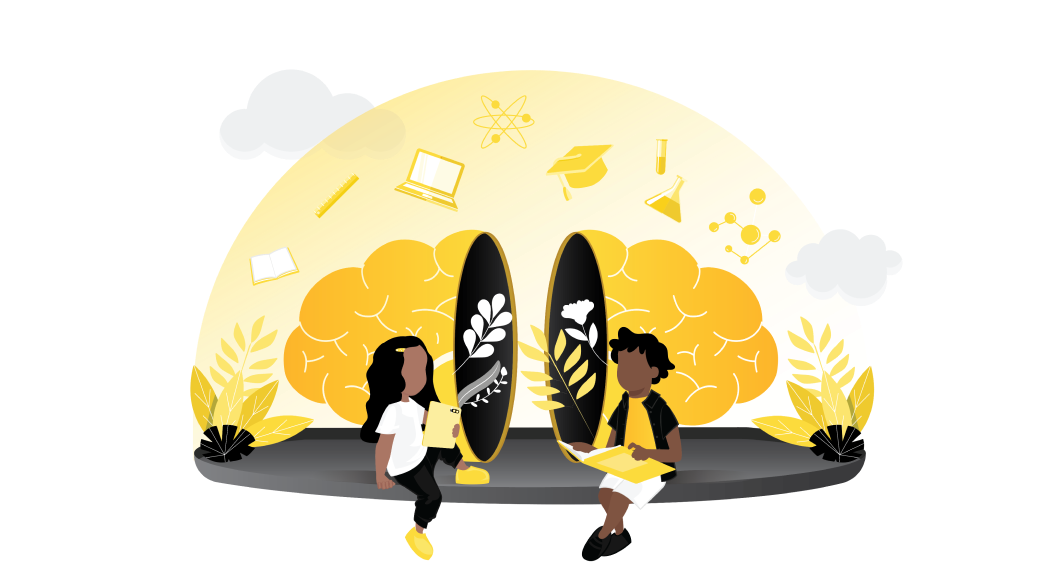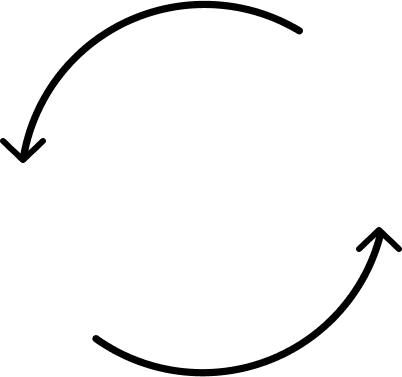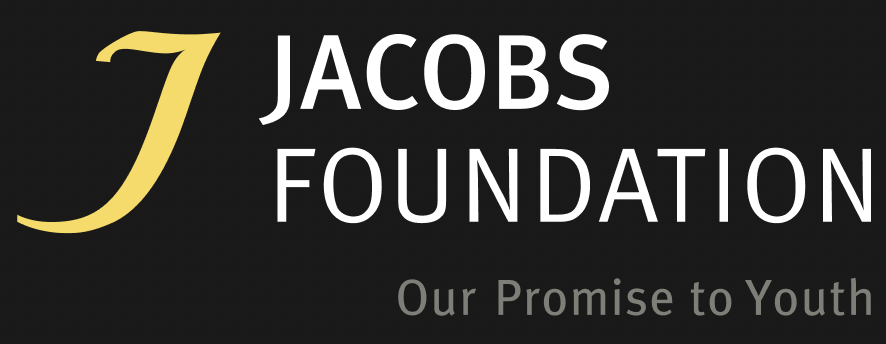Embracing variability in learning so that all children can realize their learning potential and thrive together

OUR CORE COMPETENCES
OUR PROGRAM PORTFOLIOS
OUR DESIRED IMPACT
The starting point to our Strategy 2030 Theory of Change are our Core Competences – the domains of expertise that characterize our philanthropic approach and programmatic investments. We apply these Competences to maximize the Foundation’s strategic value-add in all areas of our work and amplify the impact of our philanthropic giving.
Evidence
Generator &
Translator


We fund research to advance multidisciplinary scientific breakthroughs and promote the generation and translation into practice of evidence on child learning and development that can have an impact on policy and practice.
JF Research Fellowship
Klaus J. Jacobs Research Award
School Action Learning Exchange (SALEX)



We use a broad range of financial mechanisms to mobilize our own capital and encourage third-party investment to amplify high-impact opportunities at scale that would not otherwise be realized.
Learning EdTech Impact Funds (LEIF)
Impact-Linked Fund for Education (ILFF)
Child Learning and Education Facility (CLEF)
CATALYTIC
INVESTOR

PARTNERSHIPS
INNOVATOR


We ignite multi-stakeholder coalitions among researchers, governments, companies, and schools, with the goal of leveraging capacities, knowledge, and resources and jointly scaling up effective education policies and practices.
Jacobs Foundation Conference
Connecting the EdTech Research Ecosystem (CERES)
Leveraging Evidence for Action to Promote Change (LEAP)



We strengthen the formulation and implementation of education policy by taking advantage of opportunities to introduce or refine evidence-based policy instruments and practices, catalyze change-management processes, and transform leadership capacity and approaches.
Effective digitalization for Swiss education
Quality education in Ghana
Quality education in Colombia
POLICY
ENTREPRENEUR

Continuous
Learning &
Dialogue


A unified strategic approach embeds our core theme of embracing variability in learning across the work of three portfolios: Learning Minds, Learning Schools, and Learning Societies. This creates mutually reinforcing programmatic linkages to maximize our overall impact – from evidence to action to systems.

Learning Minds
Supporting the world’s leading researchers and practitioners to understand how children develop and learn

Learning Schools
Strengthening research and collaboration across the global school system to promote evidence-based practice

Learning Societies
Modelling adaptive learning ecosystems by using evidence, mobilizing resources, and supporting community-led system change
FIELD-BUILDING
The direct impact of our work results in communities, researchers, practitioners, governments, funders, and investors collaboratively defining, designing, and delivering evidence-based policies, programs, and practices that embrace variability in learning.
In the long-term, we want our work to contribute to sustainable systemic change resulting in more resilient and adaptive learning ecosystems that serve every child’s needs. We are committed to sharing what we learn to actively stimulate and inspire systemic change beyond our reach.
Sustainable systemic
change
Learning ecosystems continuously improve, with evidence-informed policies and practices becoming widely adopted.
Inspiration beyond our reach
Approaches to systems transformation inspire others and are adapted beyond the Foundation’s reach.
Adaptive Learning Ecosystems
Learning ecosystems in diverse contexts adapt to variability in learning and provide all children with the knowledge, skills, attitudes, tools and equitable opportunities to reach their full learning potential and thrive together.


